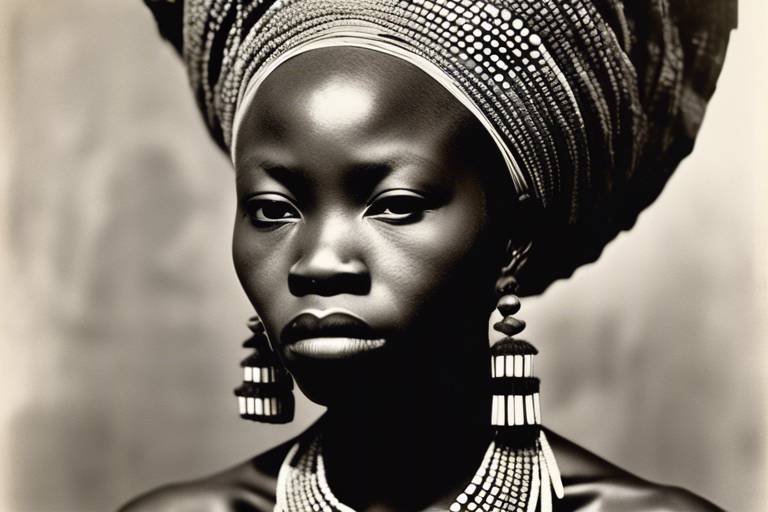The Cultural Role of Festivals in Mexican Heritage
When it comes to Mexican heritage, festivals play a pivotal role in preserving traditions, celebrating cultural diversity, and uniting communities in vibrant and colorful celebrations. These festivals are not just events; they are expressions of Mexico's rich history, artistic creativity, and deep-rooted values.
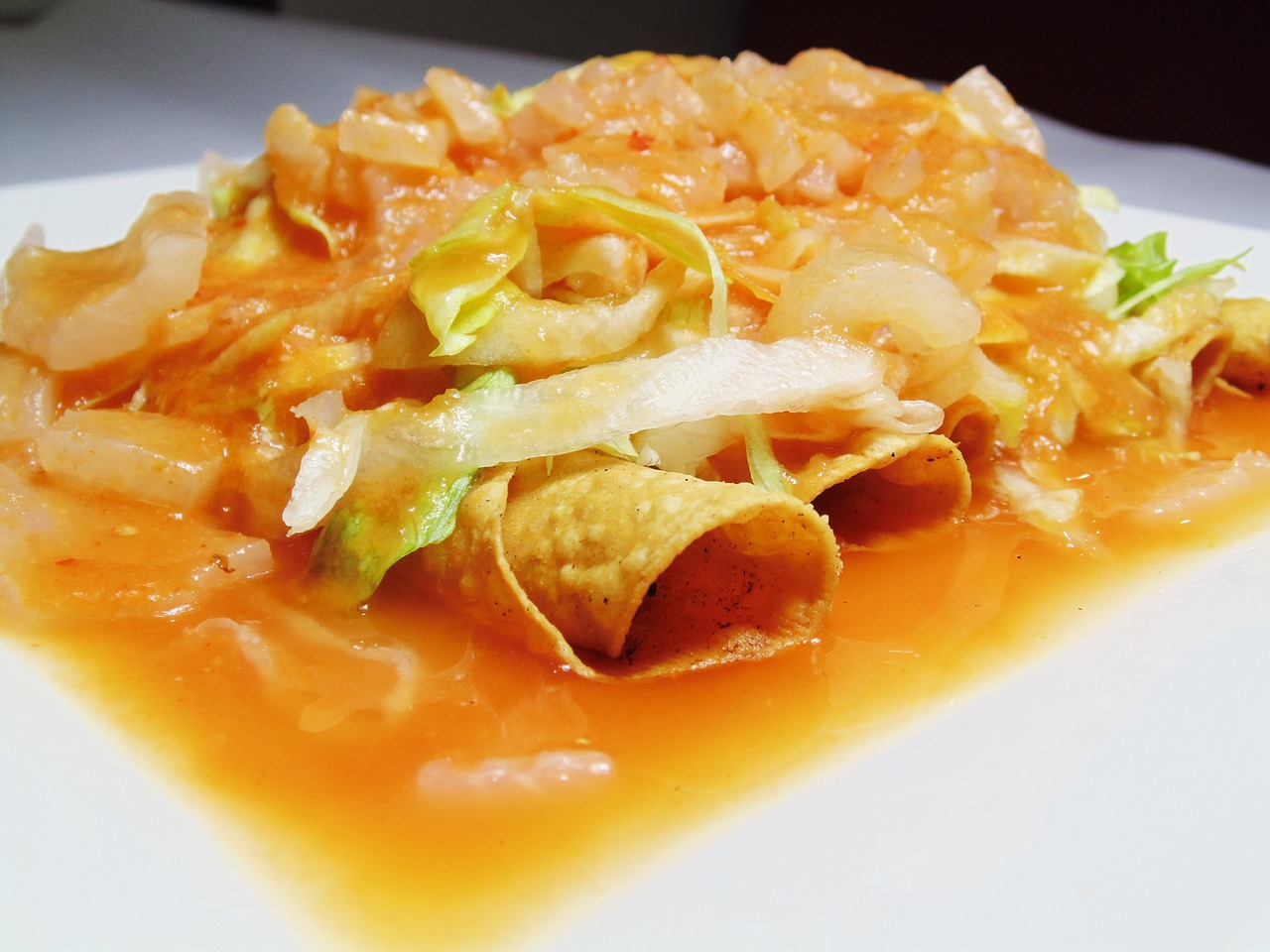
Traditional Festivals
Traditional festivals in Mexico hold a special place in the hearts of the Mexican people, representing a rich tapestry of cultural heritage that has been passed down through generations. These festivals are deeply rooted in tradition and are a vibrant expression of Mexico's diverse history and customs. One of the most famous traditional festivals is the Día de los Muertos (Day of the Dead), a time-honored celebration that honors deceased loved ones with colorful altars, marigolds, and sugar skulls. This festival is a poignant reminder of the Mexican belief in honoring and remembering the deceased.
Another significant traditional festival is Cinco de Mayo, which commemorates the Mexican army's victory over the French Empire at the Battle of Puebla in 1862. While often mistakenly associated with Mexican Independence Day, Cinco de Mayo is a celebration of Mexican heritage and pride, marked by parades, music, dancing, and traditional Mexican cuisine. It is a time for Mexicans to come together and celebrate their resilience and unity.
Traditional Mexican festivals are also characterized by colorful processions, lively music, intricate costumes, and traditional dances that showcase the country's diverse cultural landscape. These festivals are not just events but are integral to the Mexican identity, serving as a means of preserving and promoting the country's rich cultural heritage. From the vibrant Guelaguetza festival in Oaxaca to the mesmerizing Day of the Virgin of Guadalupe celebrations, each traditional festival in Mexico is a unique expression of local customs and traditions.
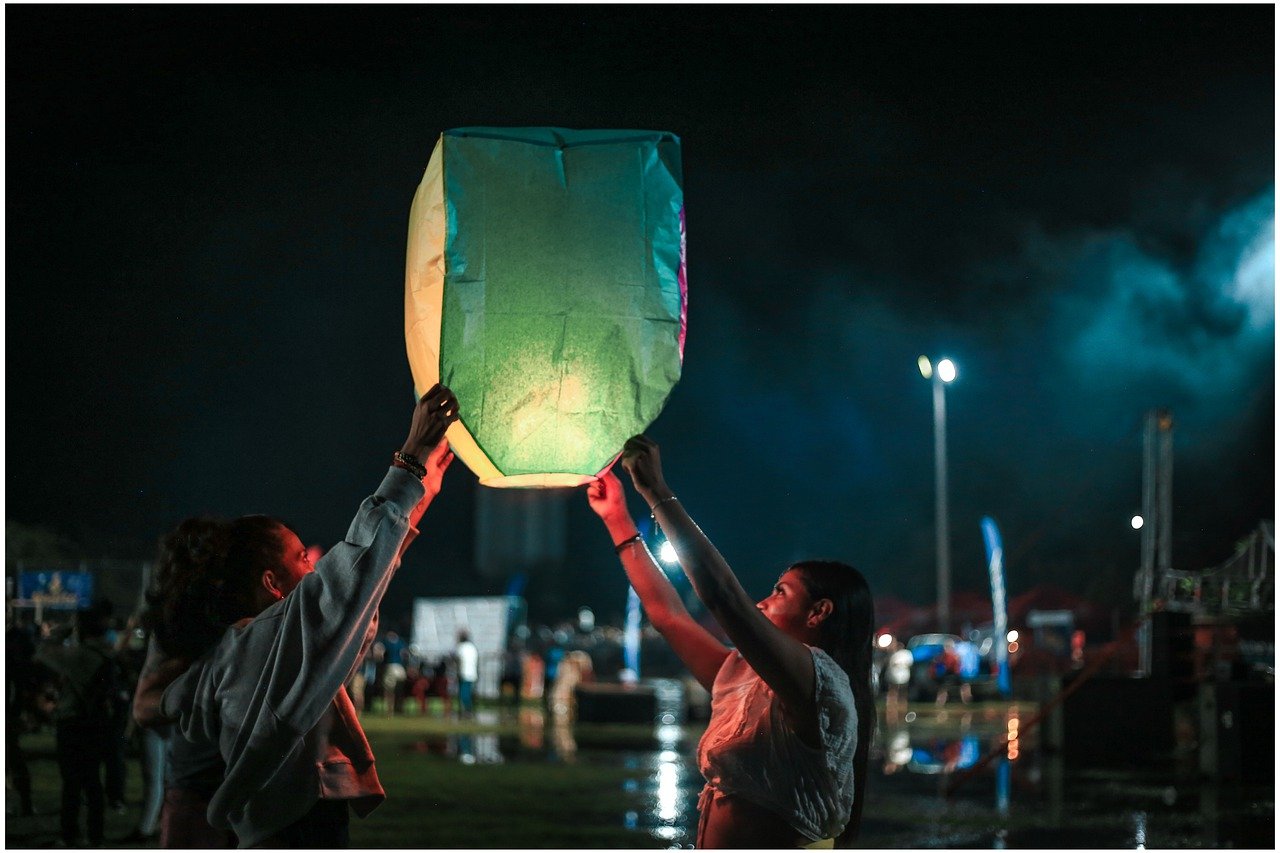
Modern Festivals
Modern festivals in Mexico represent a fusion of tradition and innovation, blending the rich cultural heritage of the past with contemporary influences. These festivals showcase a vibrant tapestry of art, music, dance, and culinary delights that captivate both locals and visitors alike. One notable modern festival is the "Feria Nacional de San Marcos" in Aguascalientes, known for its lively atmosphere and diverse range of activities.
Another popular modern festival is the "Cervantino International Festival" in Guanajuato, celebrating the arts with theatrical performances, concerts, and exhibitions from around the world. This event attracts artists, performers, and art enthusiasts, creating a dynamic cultural exchange that transcends borders.
One unique aspect of modern Mexican festivals is the incorporation of technology and multimedia presentations, adding a contemporary twist to traditional celebrations. For example, the "Day Zero" electronic music festival in Tulum combines cutting-edge sound and visual effects with the natural beauty of the surroundings, creating an immersive experience for attendees.
Moreover, modern festivals in Mexico serve as platforms for social and environmental awareness, promoting sustainability and community engagement. Events like the "Vive Latino" music festival in Mexico City not only showcase top musical talent but also raise awareness about social issues through interactive exhibits and workshops.
Overall, modern festivals in Mexico embody the dynamic spirit of the country, embracing innovation while honoring its cultural roots. These celebrations provide a glimpse into the evolving landscape of Mexican art, music, and creativity, making them an integral part of the country's cultural identity.
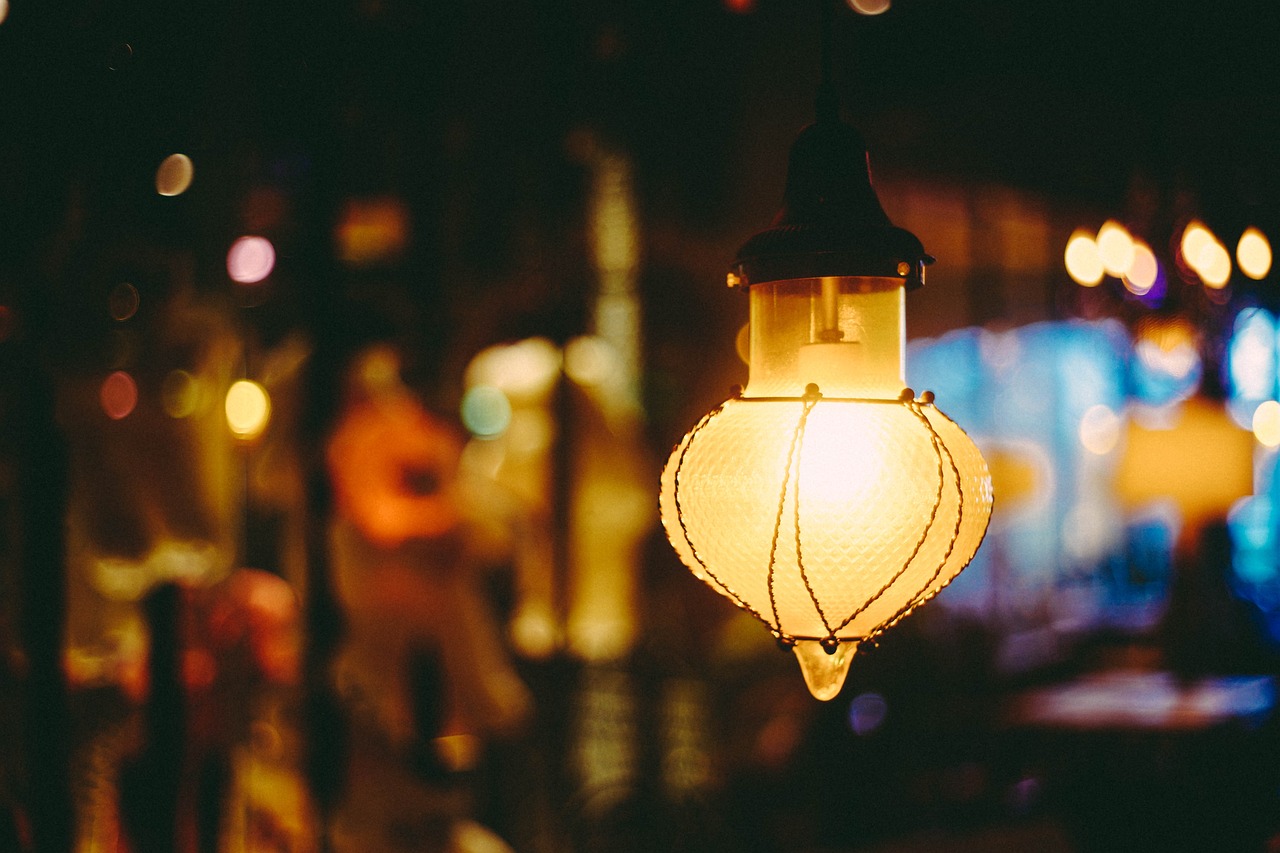
Religious Festivals
Religious festivals hold a significant place in Mexican culture, deeply rooted in the country's history and traditions. These festivals are not just about religious observances but also serve as occasions for communities to come together, celebrate their faith, and honor their beliefs. One of the most prominent religious festivals in Mexico is Semana Santa, also known as Holy Week, which commemorates the crucifixion and resurrection of Jesus Christ. During this week-long observance, intricate processions, reenactments, and religious ceremonies take place in various cities and towns across Mexico.
Another important religious festival is the Feast of Our Lady of Guadalupe, honoring the patron saint of Mexico. Celebrated on December 12th, this festival pays tribute to the miraculous appearance of the Virgin Mary to Juan Diego, an indigenous man, in 1531. Pilgrimages to the Basilica of Our Lady of Guadalupe in Mexico City, where her image is enshrined, attract millions of devotees from all over the country.
Furthermore, the Day of the Virgin of Guadalupe, known as Día de la Virgen de Guadalupe, is a nationwide celebration on December 12th, where believers pay homage to the Virgin Mary. This festival combines religious ceremonies with traditional dances, music, and feasting, creating a vibrant and colorful atmosphere that symbolizes the fusion of faith and culture in Mexico.
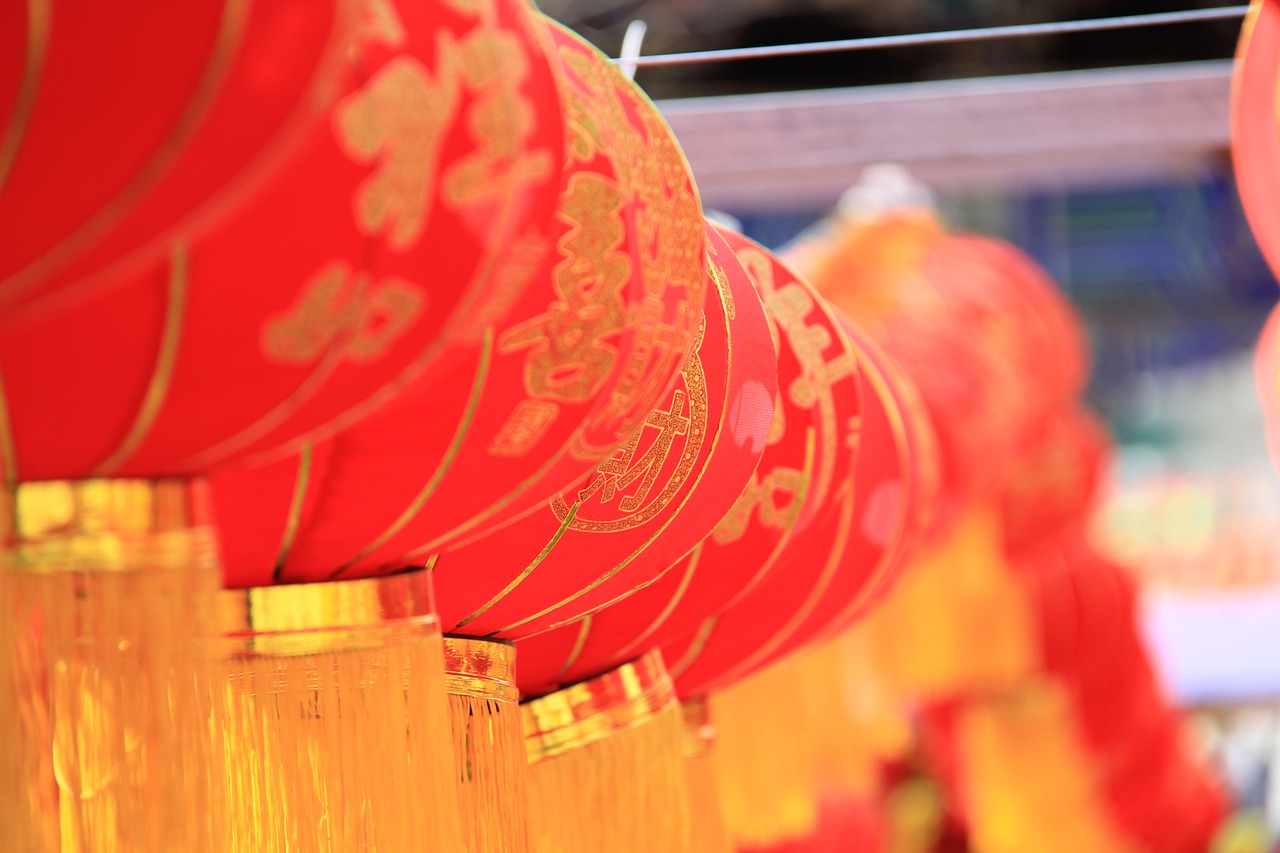
Regional Diversity
When it comes to Mexican festivals, one cannot overlook the incredible regional diversity that exists within the country. Each region in Mexico boasts its own unique festivals that are deeply rooted in local history, traditions, and customs. From the vibrant colors of the Papantla flyers in Veracruz to the elaborate costumes of the Guelaguetza in Oaxaca, the diversity of festivals in Mexico showcases the rich tapestry of the country's cultural heritage.
One of the most famous regional festivals in Mexico is the Feria de San Marcos in Aguascalientes, known for its lively atmosphere, traditional music, and bullfighting events. In contrast, the Festival Internacional Cervantino in Guanajuato celebrates the arts with performances ranging from theater to dance, attracting artists and spectators from around the world.
Moreover, the Festival de la Candelaria in Tlacotalpan, Veracruz, is a colorful celebration that combines Catholic traditions with indigenous rituals, showcasing the unique blend of cultures in the region. Similarly, the Festival del Pitic in Hermosillo, Sonora, celebrates the local art and music scene, bringing together artists and musicians to showcase their talents.
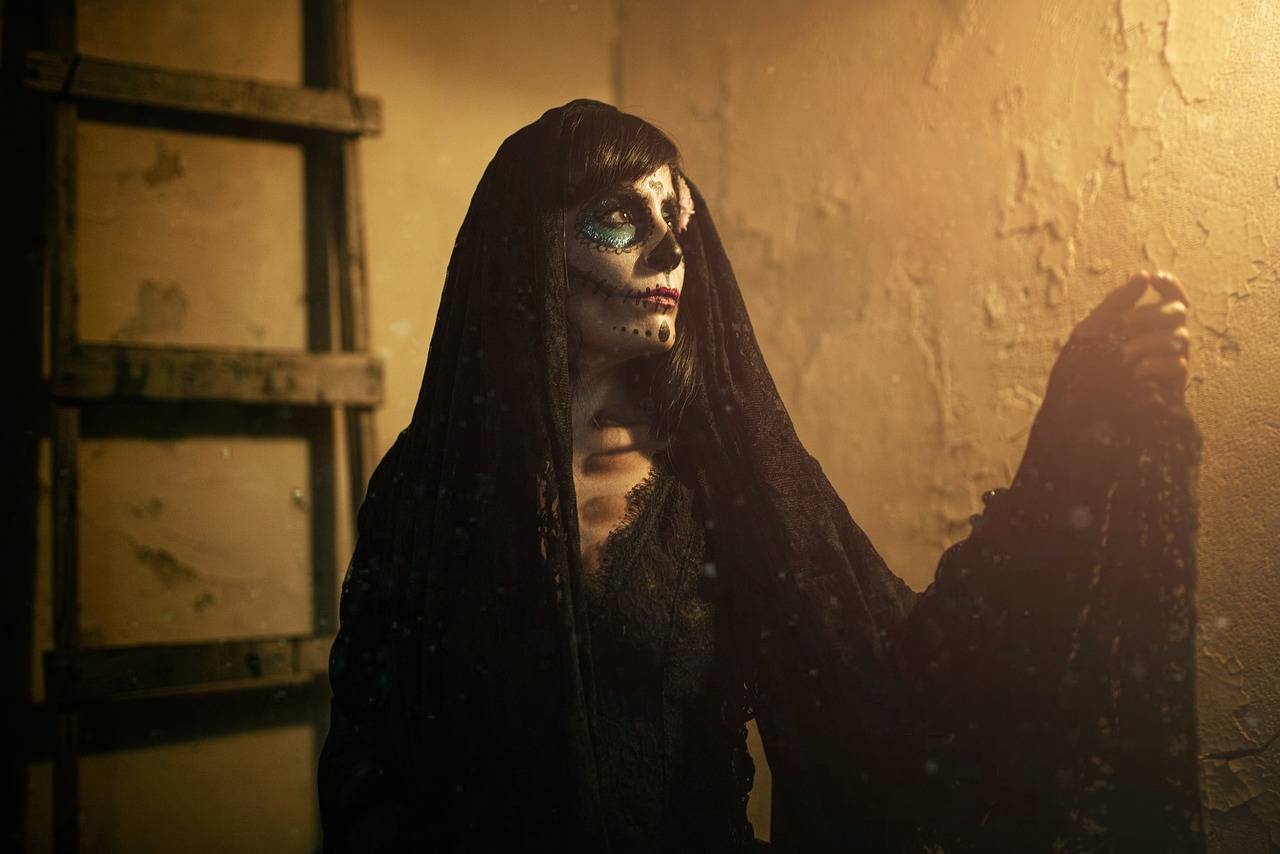
Day of the Dead
The festival, known as Día de los Muertos in Spanish, is one of the most iconic and deeply rooted traditions in Mexican culture. Celebrated annually on November 1st and 2nd, this vibrant and colorful festival honors deceased loved ones and serves as a time to remember and celebrate their lives. The festival is a unique blend of indigenous Mesoamerican rituals and Catholic traditions, creating a rich tapestry of customs and beliefs.
During the Day of the Dead festivities, families create elaborate altars called ofrendas adorned with marigold flowers, candles, incense, photos of the departed, and their favorite foods and drinks. These altars serve as a way to welcome the spirits of the deceased back to the world of the living and offer them comfort and sustenance on their journey.
One of the most recognizable symbols of the Day of the Dead is the calavera, or sugar skull, intricately decorated with colorful icing and vibrant designs. These sugar skulls are often placed on the ofrendas as offerings and are also worn as masks during parades and celebrations.
Throughout the festival, communities come together to participate in lively parades, music and dance performances, and feasts featuring traditional Mexican dishes such as tamales, mole, and pan de muerto. The atmosphere is filled with joy, laughter, and a sense of unity as people celebrate the cycle of life and death in a festive and respectful manner.
The Day of the Dead is not a somber occasion but rather a joyous celebration of life and a way to keep the memories of loved ones alive. It is a time for reflection, storytelling, and honoring the legacy of those who have passed on, creating a profound connection between the past and the present.
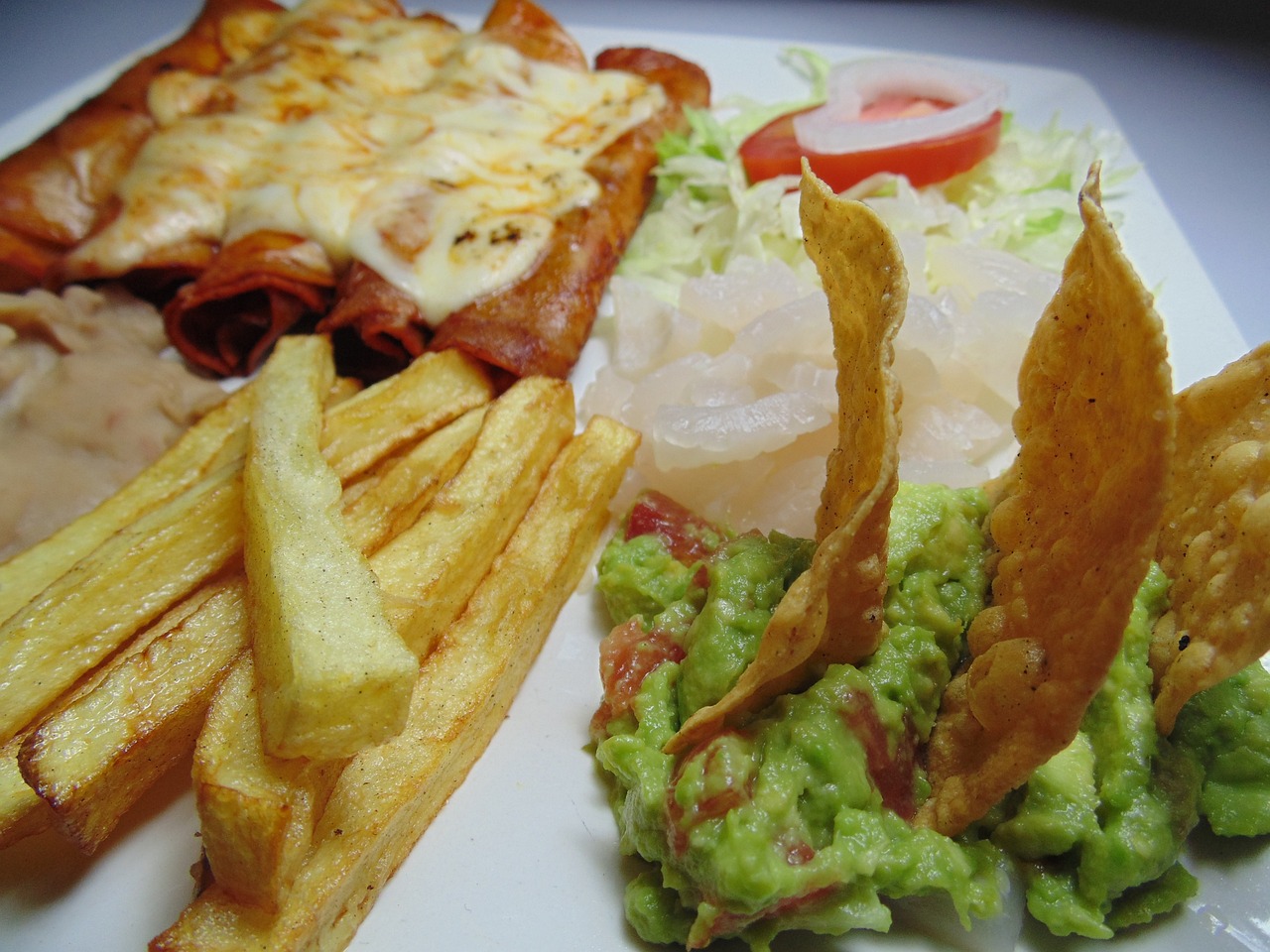
Cuisine and Festivals
When it comes to Mexican festivals, one cannot overlook the integral role that cuisine plays in these vibrant celebrations. Mexican cuisine is renowned worldwide for its bold flavors, colorful presentation, and diverse ingredients that reflect the country's rich culinary heritage. During festivals, food takes center stage as a symbol of tradition, community, and festivity.
Traditional Mexican dishes like tamales, pozole, mole, and chiles en nogada are often prepared and shared during festivals, each dish carrying its own cultural significance and history. These culinary delights not only satisfy the taste buds but also serve as a way to honor ancestors, commemorate special occasions, and bring people together in joyous feasts.
The connection between Mexican cuisine and festivals goes beyond just serving food; it is about preserving culinary traditions, passing down recipes through generations, and showcasing the diversity of flavors that make Mexican food so unique. Festivals provide a platform to appreciate the artistry and skill involved in preparing these dishes, from intricate tamales to rich, complex moles.
Moreover, food vendors and local eateries play a vital role in festival settings, offering a wide array of street food, snacks, and beverages that cater to the diverse palates of attendees. Whether it's enjoying freshly made tacos, sipping on refreshing aguas frescas, or indulging in sweet treats like churros and pan dulce, the culinary experience at Mexican festivals is a feast for all the senses.
Additionally, Mexican festivals often feature cooking demonstrations, culinary workshops, and food contests that celebrate the culinary talents of local chefs and home cooks. These interactive experiences not only educate attendees about Mexican cuisine but also inspire them to explore new flavors, ingredients, and cooking techniques.
Overall, cuisine and festivals in Mexico are intricately intertwined, with food serving as a cultural ambassador that connects people, traditions, and memories. The sights, sounds, and aromas of Mexican festivals create a sensory tapestry that immerses participants in a culinary journey through the heart and soul of Mexican culture.
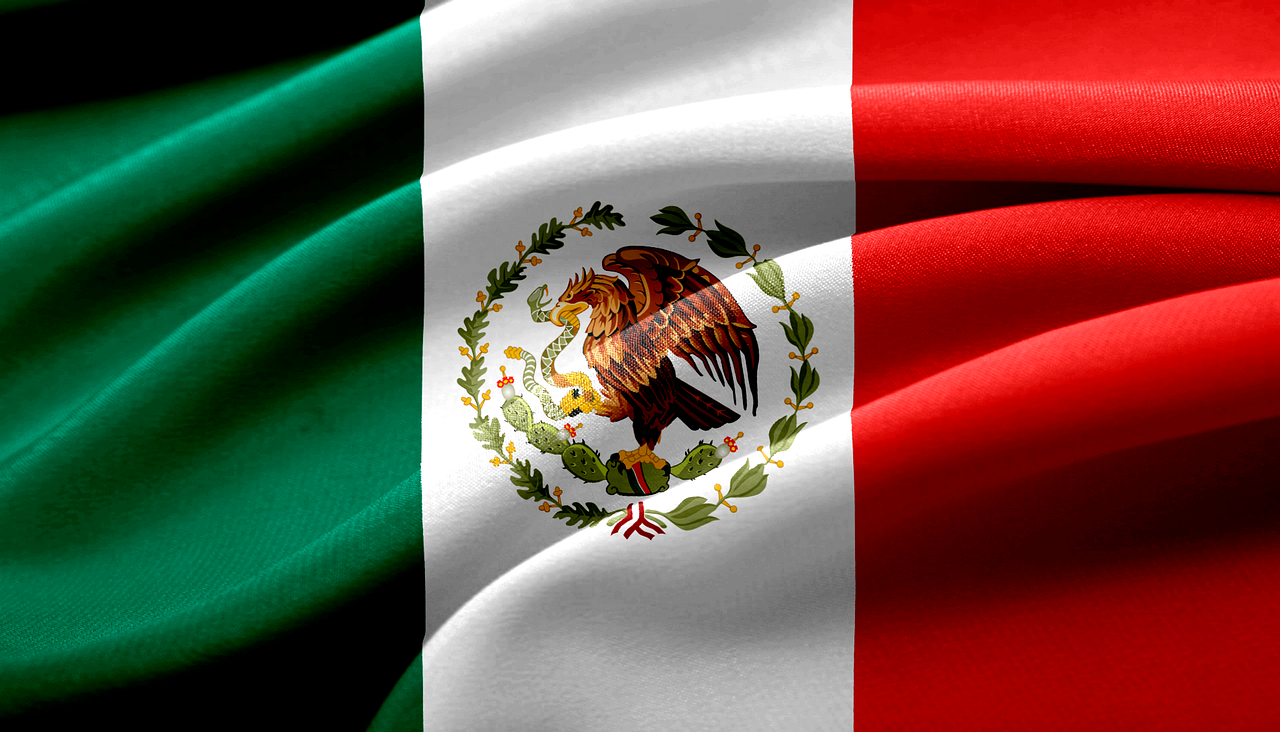
Music and Dance
Music and dance play a central role in Mexican festivals, infusing vibrant energy and cultural richness into the celebrations. Traditional Mexican music, such as Mariachi and Ranchera, sets the tone for festive gatherings, with lively rhythms and heartfelt lyrics that resonate with the audience. The sound of trumpets, guitars, and violins fills the air, creating an atmosphere of joy and camaraderie. Dance is equally important, with traditional folk dances like Jarabe Tapatío and Danza de los Viejitos showcasing the country's diverse cultural heritage through intricate choreography and colorful costumes.
One of the most iconic dances in Mexican culture is the Baile Folklórico, which combines elements of indigenous, European, and African influences to create a dynamic and visually stunning performance. Dancers move gracefully to the music, telling stories of love, history, and tradition through their movements. The synchronization of steps, the swaying of skirts, and the stomping of feet all contribute to the mesmerizing spectacle that captivates both participants and spectators alike.
Music and dance in Mexican festivals serve as a form of expression, a way to preserve cultural heritage, and a means of connecting with others on a deeper level. The rhythmic beats and graceful movements transcend language barriers, allowing people from all walks of life to come together and celebrate in harmony. Whether it's the lively sounds of a street festival or the solemn melodies of a religious procession, music and dance are integral components that bring communities closer and create lasting memories for all who partake.
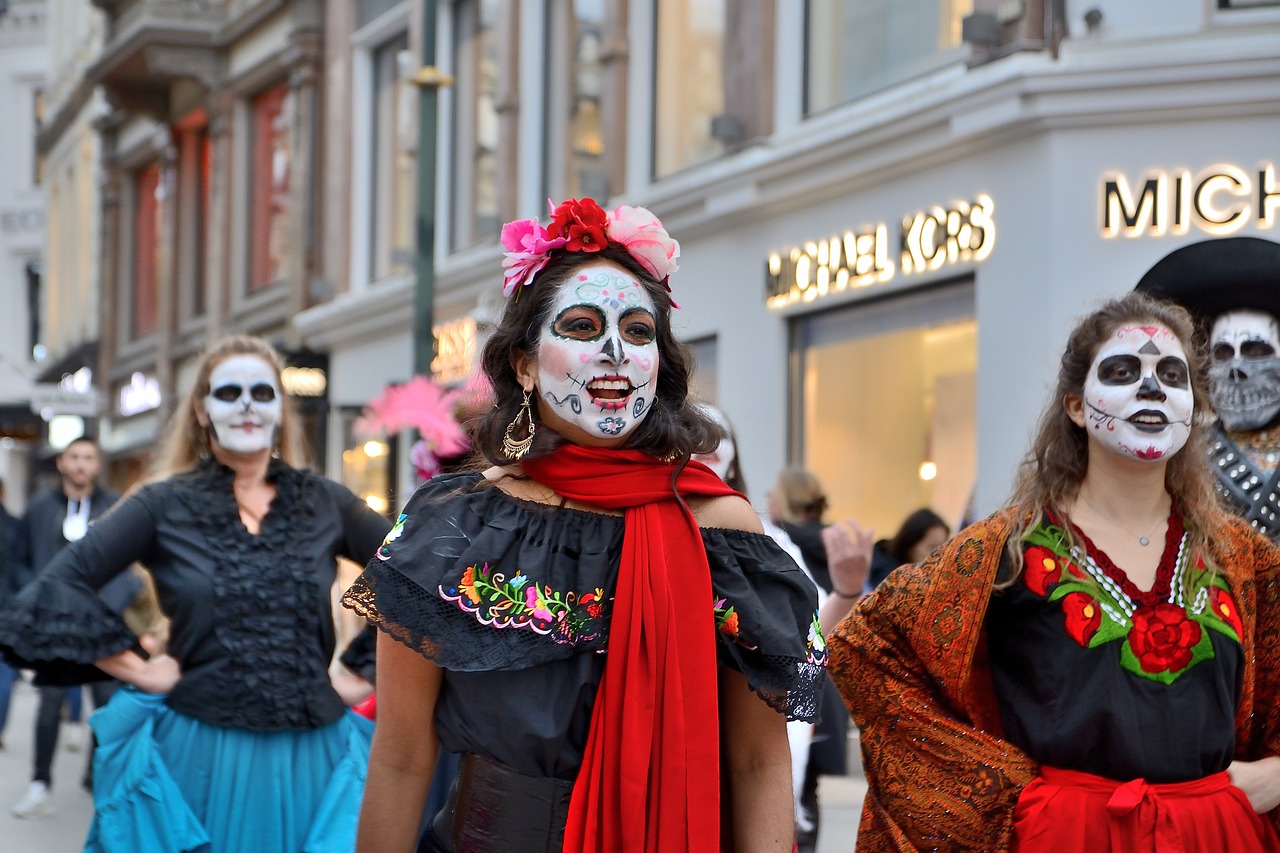
Community Engagement
Community engagement plays a vital role in Mexican festivals, serving as a cornerstone of unity and shared cultural pride. These events bring together people from diverse backgrounds, fostering a sense of belonging and camaraderie among participants and spectators alike. Festivals provide a platform for individuals to connect with their community, celebrate shared traditions, and showcase the richness of Mexican heritage.
Through colorful parades, lively performances, and interactive activities, festivals in Mexico create a vibrant tapestry of cultural experiences that engage and captivate attendees. From traditional dances that tell stories of the past to culinary demonstrations that highlight local flavors, these events offer a glimpse into the heart and soul of Mexican communities.
Moreover, community engagement during festivals extends beyond mere entertainment, as it encourages active participation and involvement in preserving cultural practices and customs. By actively engaging with festival goers, organizers, and local artisans, these events create a sense of ownership and pride in Mexican traditions, ensuring their continuation for future generations.
Furthermore, the inclusive nature of Mexican festivals promotes a sense of belonging and togetherness, transcending social barriers and fostering a spirit of mutual respect and understanding. Whether it's through collaborative art projects, communal feasting, or shared storytelling, these events create lasting bonds that strengthen the fabric of Mexican society.
In essence, community engagement in Mexican festivals is not just about celebrating culture; it's about building connections, fostering relationships, and nurturing a sense of collective identity that transcends individual differences. By actively participating in these vibrant celebrations, individuals become part of a larger tapestry of shared experiences, memories, and traditions that define the rich cultural heritage of Mexico.
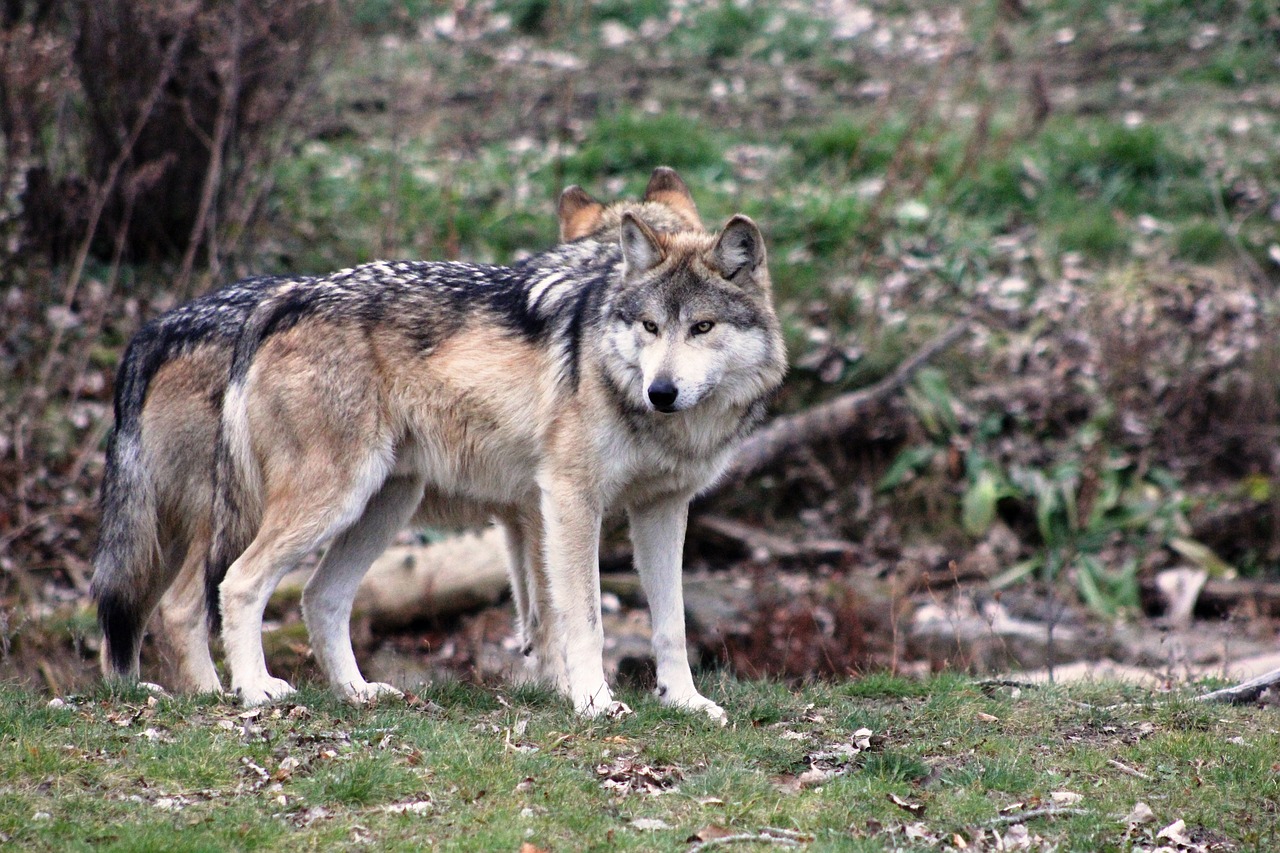
Impact on Tourism
The vibrant and diverse festivals in Mexico play a significant role in attracting tourists from all corners of the globe. With their colorful parades, lively music, traditional dances, and mouth-watering cuisine, Mexican festivals offer a unique cultural experience that captivates visitors. The rich tapestry of celebrations showcases the country's heritage and traditions, providing tourists with an immersive journey into Mexican culture.
One of the most renowned festivals that greatly impacts tourism in Mexico is the Day of the Dead celebration. This iconic event draws in a large number of tourists who are intrigued by the elaborate altars, vibrant decorations, and solemn yet festive atmosphere. Tourists flock to cities like Mexico City, Oaxaca, and Puebla to witness the elaborate displays of remembrance and participate in the rituals that honor the deceased.
Furthermore, festivals such as the Guelaguetza in Oaxaca and the Carnival in Veracruz are major attractions for tourists seeking a taste of Mexico's lively spirit and cultural richness. These events not only showcase traditional dances and music but also offer visitors the chance to indulge in local delicacies and artisanal crafts, contributing to the overall tourism experience.
The economic impact of festivals on tourism is substantial, as the influx of visitors boosts local businesses, hotels, restaurants, and transportation services. The festive atmosphere created during these events enhances the overall appeal of Mexico as a tourist destination, drawing in travelers who are eager to explore the country's vibrant culture and heritage.
Moreover, the promotion of Mexican festivals on a global scale through social media, travel websites, and cultural events further amplifies their impact on tourism. The allure of experiencing authentic Mexican traditions firsthand continues to attract a growing number of international visitors, contributing to the country's tourism revenue and promoting cross-cultural exchange.
Frequently Asked Questions
- What are some traditional Mexican festivals?
Traditional Mexican festivals include Dia de los Muertos (Day of the Dead), Cinco de Mayo, and Las Posadas. These celebrations hold deep cultural and historical significance for the Mexican people.
- How do modern festivals in Mexico differ from traditional ones?
Modern festivals in Mexico often incorporate contemporary elements such as music concerts, art installations, and food fairs while still honoring traditional customs and rituals. They provide a platform for creativity and innovation within the framework of cultural heritage.
- Why are religious festivals important in Mexican culture?
Religious festivals in Mexico serve as a way to express devotion, gratitude, and community solidarity. They are deeply rooted in the country's history and play a vital role in preserving and passing down religious traditions from generation to generation.
- How do Mexican festivals vary across different regions?
Mexico's diverse regions boast a wide array of festivals that reflect local customs, traditions, and historical influences. Each region's unique celebrations contribute to the rich tapestry of Mexican cultural heritage.
- What is the significance of Day of the Dead in Mexican culture?
The Day of the Dead festival is a time to honor deceased loved ones and celebrate their lives through vibrant altars, music, dance, and offerings. It symbolizes the Mexican belief in the continuity of life and the importance of remembering and honoring ancestors.
- How does Mexican cuisine play a role in festivals?
Mexican cuisine is an integral part of festivals, with traditional dishes like tamales, mole, and pan de muerto often served during celebrations. Food not only nourishes the body but also serves as a symbol of cultural identity and shared heritage.
- Why is music and dance essential to Mexican festivals?
Music and dance are intrinsic to Mexican culture, and they play a central role in festivals by creating a lively and festive atmosphere. Traditional music genres like mariachi and dances such as folklorico showcase the country's artistic diversity and talent.
- How do festivals in Mexico promote community engagement?
Festivals in Mexico bring communities together, fostering a sense of belonging, unity, and pride among participants and spectators. They provide an opportunity for people to connect, share experiences, and strengthen social bonds.
- What impact do Mexican festivals have on tourism?
Mexican festivals attract tourists from around the world who seek to experience the country's vibrant cultural heritage firsthand. These festivals not only boost the tourism industry but also showcase Mexico's rich traditions and customs on a global stage.


















